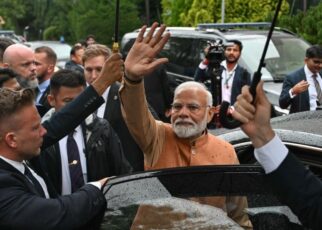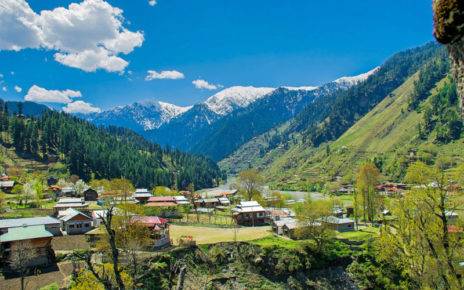Prime Minister Narendra Modi’s visit to Ukraine represents a significant shift in India’s foreign policy, reflecting a nuanced approach to its international relations. Modi’s presence in Kyiv on August 23, 2024, marks the first visit by an Indian prime minister since diplomatic relations between India and Ukraine were established in 1992. This visit comes at a time of heightened global scrutiny and signals a departure from India’s traditionally Russia-centric stance.
Historically, India’s foreign policy during the Cold War era leaned heavily towards the Soviet Union. Although Ukraine emerged as an independent nation following the Soviet Union’s collapse in 1991, India’s close ties with Russia did not seamlessly extend to Kyiv. This historical affinity has influenced India’s foreign relations, often sidelining Eastern European nations, including Ukraine.
Modi’s visit is a clear break from this pattern. It comes in the context of the ongoing Russia-Ukraine conflict that began in February 2022, which has strained bilateral relations between India and Ukraine. The conflict led to a significant decline in trade, from $3.39 billion in 2021-22 to under $1 billion in the subsequent years. Despite this decline, the conflict has also created an opportunity for India to re-evaluate and deepen its engagement with Ukraine.
The visit is part of a broader strategy by New Delhi to recalibrate its foreign policy. It follows Modi’s meeting with Russian President Vladimir Putin, which received criticism from both Ukrainian President Volodymyr Zelenskyy and the United States. Modi’s trip to Ukraine can be seen as an effort to balance India’s diplomatic relations and demonstrate its willingness to engage with all parties involved in the conflict.
This shift is indicative of India’s broader strategy to diversify its international relationships and adapt to the changing geopolitical landscape. By engaging with Ukraine, India is not only addressing its historical ties with Russia but also positioning itself as a more active player on the global stage. This engagement reflects India’s recognition of the need to foster stability and build partnerships beyond its traditional allies.
Modi’s visit underscores India’s intent to play a more prominent role in international affairs. As a major global democracy and an emerging economic power, India has an interest in promoting stability and forging positive relationships across various regions. The visit to Ukraine highlights India’s readiness to embrace new partnerships and address the evolving dynamics of global geopolitics.
In summary, Prime Minister Narendra Modi’s visit to Ukraine is a pivotal moment in India’s foreign policy. It signifies a departure from the country’s historically Russia-centric approach and highlights its efforts to adapt to the shifting global landscape. By engaging with Ukraine, India is not only seeking to strengthen bilateral ties but also positioning itself as a key player in international diplomacy, with potential implications for its global standing and relationships with other major powers.





